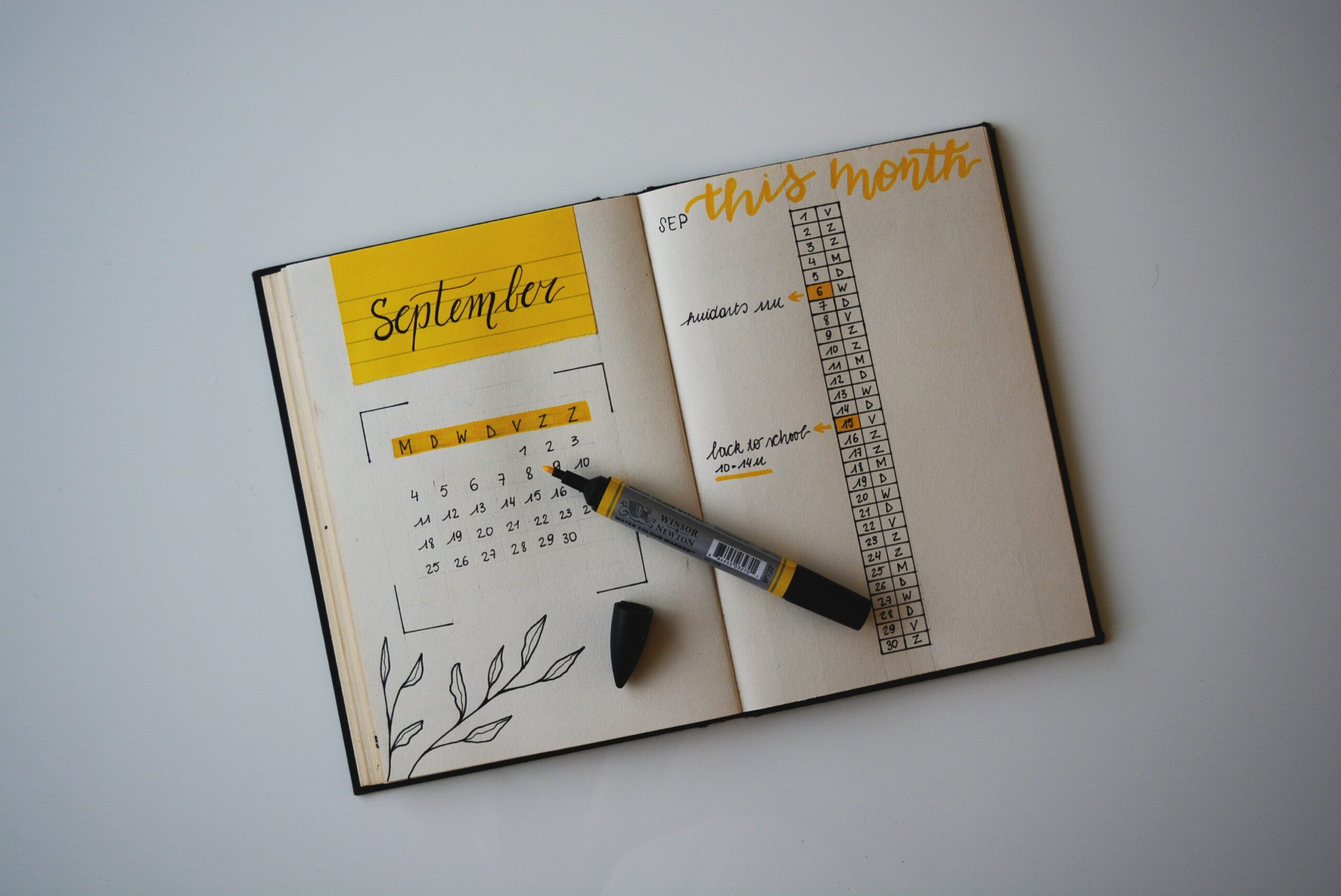When you have a high workload, it’s easy to become overwhelmed and stressed out. Stress can have a negative impact on your physical and mental health, as well as your productivity. Fortunately, there are ways to manage your stress and keep it at bay even when you have a lot on your plate. In this blog post, we’ll explore 5 practical tips that can help you manage stress when you’re facing a high workload.

1: Prioritise and Organise
When you have a lot of tasks to complete, it’s essential to prioritise them and organise your schedule. Create a to-do list and rank your tasks in order of importance. This will help you focus on the most critical tasks first and avoid feeling overwhelmed by everything you need to do.
It’s also helpful to organise your schedule to make the most of your time. Allocate specific time slots for each task and stick to them as much as possible. This will help you stay on track and avoid feeling like you’re always behind.

2: Take Breaks and Rest
When you’re under a lot of pressure, it can be tempting to work around the clock to get everything done. However, this approach can be counterproductive and lead to burnout. Taking regular breaks and getting enough rest is essential to manage stress and maintain your productivity.
Try to take a 5-10 minute break every hour or so to stretch, walk around, or do something else that helps you relax. Also, aim to get at least 7-8 hours of sleep each night. This will help you stay alert and focused, and prevent you from feeling overwhelmed by your workload.
3: Practice Mindfulness and Meditation
Mindfulness and meditation can help you manage stress and anxiety by promoting relaxation and calmness. These practices can help you become more aware of your thoughts and feelings, allowing you to identify and manage stress triggers.
Try incorporating mindfulness and meditation into your daily routine. You can start by taking a few minutes each day to focus on your breath and quiet your mind. There are also many apps and online resources available to help you get started with mindfulness and meditation.

4: Maintain a Healthy Lifestyle
Maintaining a healthy lifestyle is crucial to manage stress when you have a high workload. Eating a balanced diet, exercising regularly, and staying hydrated can help you maintain your energy levels and boost your mood.
Try to incorporate healthy habits into your daily routine. For example, aim to eat a nutritious breakfast, take a walk or do some other form of exercise during your lunch break, and drink plenty of water throughout the day.

5: Seek Support
Finally, don’t be afraid to seek support when you’re feeling overwhelmed. Talk to a colleague, friend, or family member about your workload and how you’re feeling. Sometimes, simply talking to someone can help you gain a fresh perspective and feel less stressed.
If you’re struggling to manage your stress, consider talking to a professional. A therapist or councelor can help you develop coping strategies and provide you with the support you need to manage your workload and maintain your mental health.
In conclusion, managing stress when you have a high workload is essential for your physical and mental health, as well as your productivity. By prioritising and organising, taking breaks and rest, practicing mindfulness and meditation, maintaining a healthy lifestyle, and seeking support, you can keep your stress at bay and manage your workload effectively.
Book a call with us today to talk all things paid advertising & how we can help!

